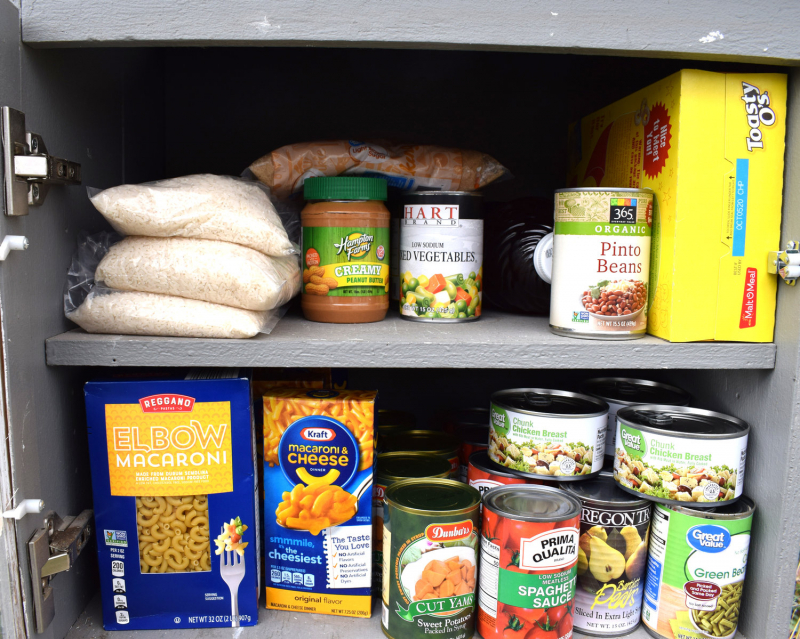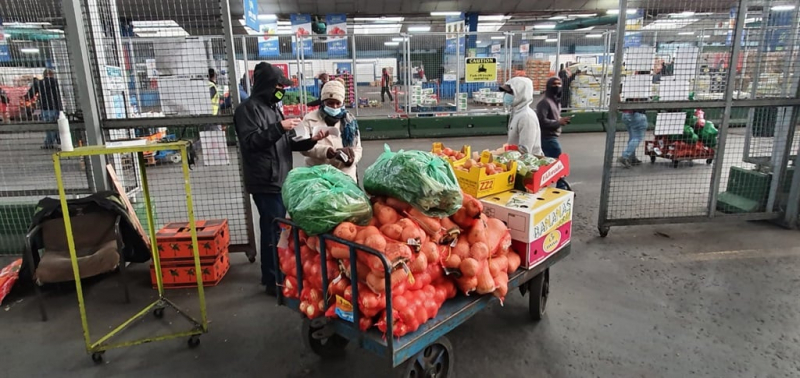Black markets in rationed goods thrived in the United States
Consumer opposition to rationing increased as it spread throughout the United States. Rationing applied to a wide range of processed foods as well as sugar, coffee, cooking oil, some dairy products, meats, canned fish, jams and jellies, and coffee. Consumers required the cash to pay for rationed commodities as well as the required ration points, listed in ration books they got from the local boards.
Nearly as rapidly as the rationing began, underground markets for restricted goods emerged. The illicit market saw a rise in the popularity of meat. A Pittsburgh Post-Gazette reporter who had a vehicle and made a 30-mile radius purchase of more than a ton of illegally acquired black market meat, veal, and pig in the early 1940s. Despite the fact that some meats and other kinds of protein were available without rationing, Americans resisted efforts to restrict their consumption of the meals they were accustomed to.
Black market vendors in the United States discovered a sizable market of consumers eager to buy illegal commodities, especially meats, sugar, and fuel, in defiance of the rationing system. In several cities, the business for fake ration cards also flourished. Rationing caused a rise in another type of bootlegging, replacing alcohol with other consumer goods that people refused to give up despite government interventions, much like the masses resisted Prohibition during the 1920s.












